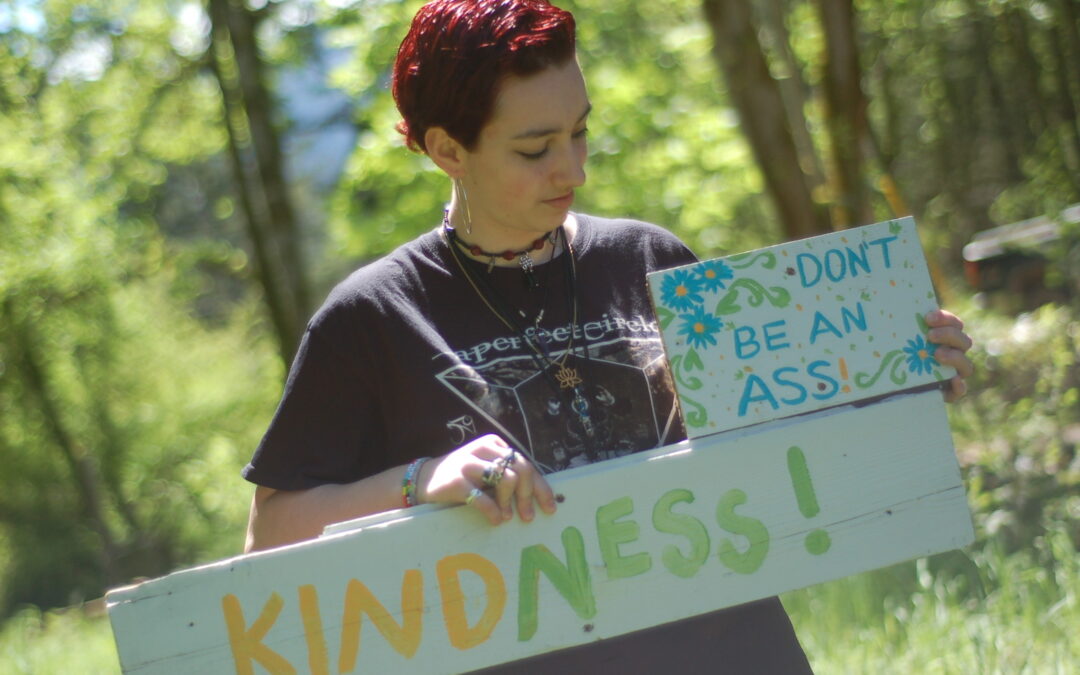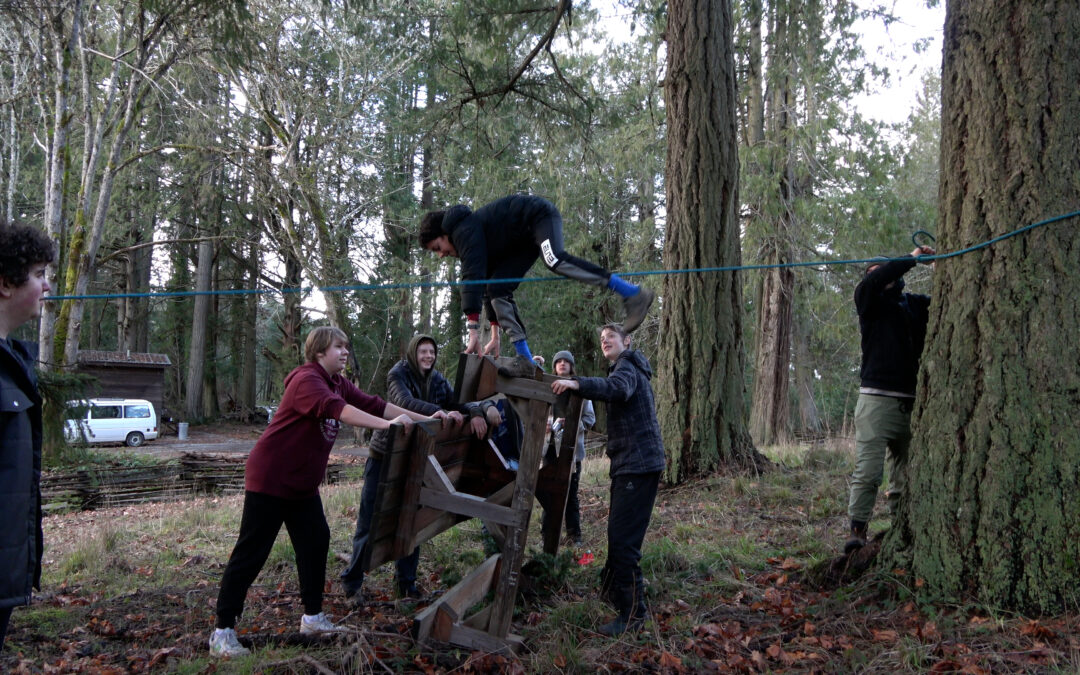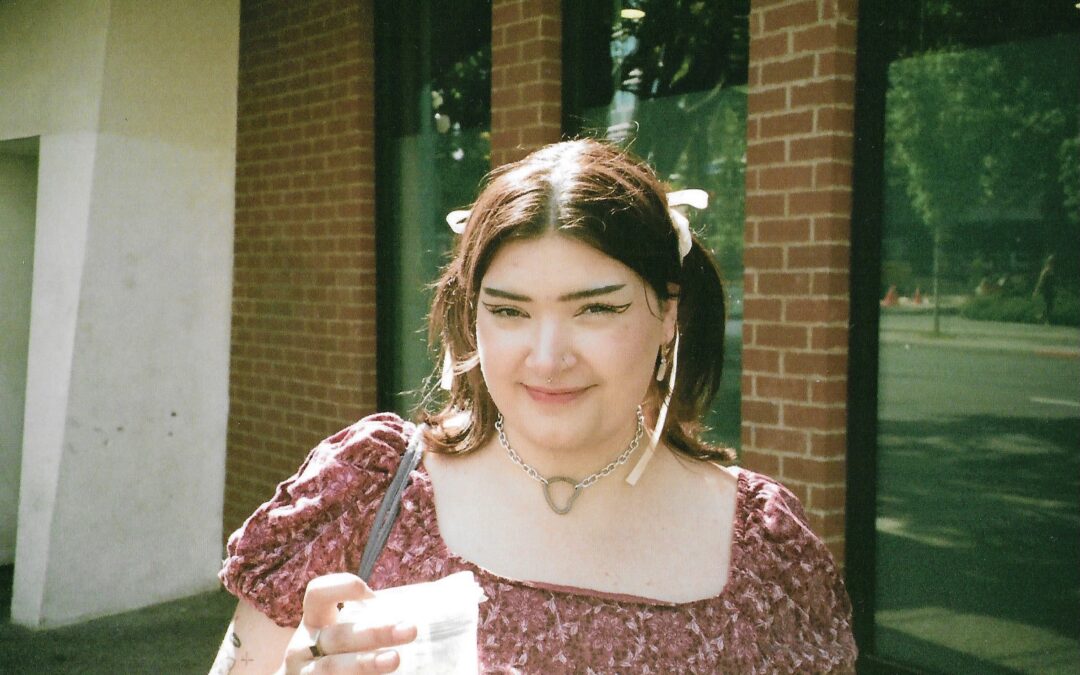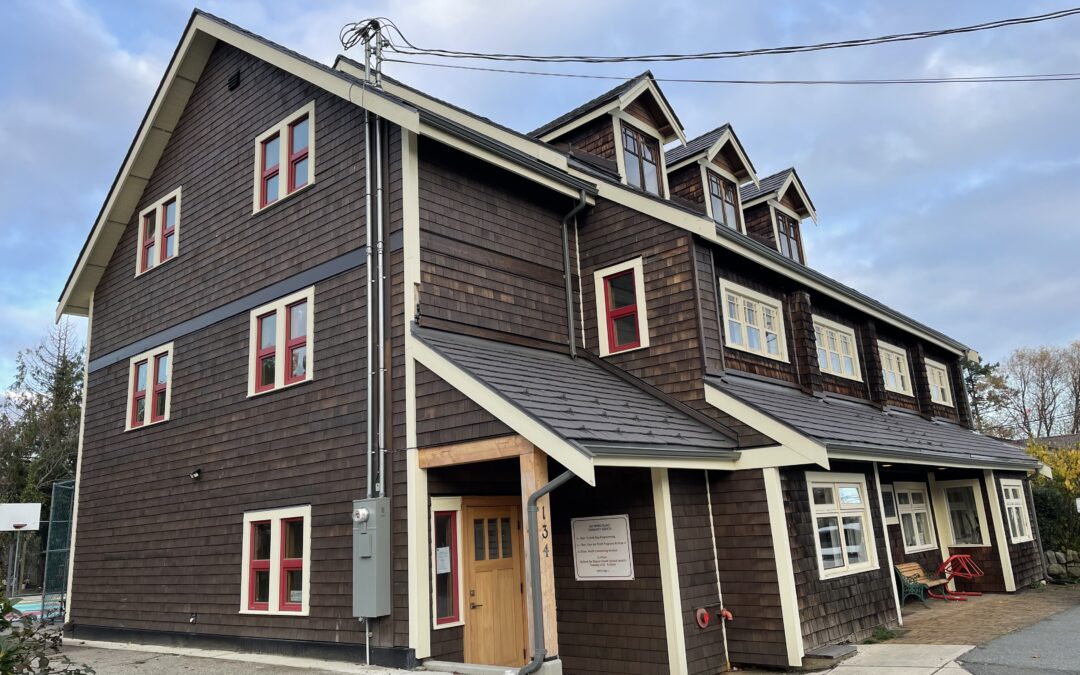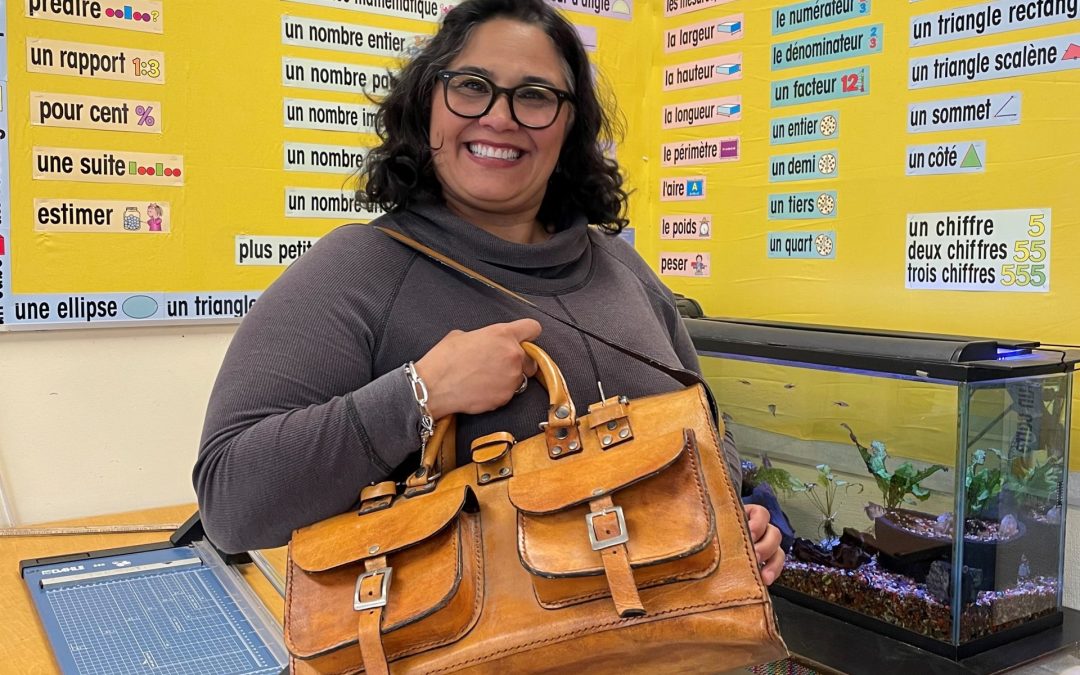A blog post by Kate Nash
Often the effects of a program like Pass It On are not ones you can easily quantify or even see. Yes, there are responses to surveys or the positive comments the girls shout out on the last day about missing the program or loving the time spent there. Truly, the effects of Pass It On are more cumulative, more subtle and more gradual. Even after spending a year with peers outside their usual friend group, learning to share and support one another, the girls may not necessarily see the results of their work immediately.
The experiences in Pass it On grow on the participants; the girls mature and open themselves up to others’ feelings and insecurities. They recognize the vulnerabilities that exist in each of us and as a result they develop confidence in who they are and how they can care for others.

Photo credit: Miki Pereanu
Living in a small community means that I am often running into young women from the program around town. This means I get anecdotal progress reports. I also get to see the effects that the program has had on them over time. Sometimes it is demonstrated in the fact that a mentor still spends time with their younger buddy, years after their formal relationship in the program has passed. Other times I witness past participants at work and see some capacity of caregiving in the role they hold; often it is measured in their level of self-confidence and the care and integrity they offer those around them. When we do have a chance to chat, the girls always speak of their love of the Pass It On program and how it helped them grow as a person, gave them confidence and an acceptance of self and a feeling of belonging in our world, even in the most simple of ways.
Once in a while the stories that come back to me are more significant or the results of the program are very tangible. A few years back I had a participant in the program who had struggled with an eating disorder in her early teens, a common problem for many of the young women who come through the program. At the time she said there was no issue – it was something she had overcome. I took her at her word. Every year we have many discussions that involve body image and confidence. This person was able to tell her story in a circle of love and care. At the time I knew we were doing good work and that speaking about it was good for her but I believed that indeed, it was an issue from her past and had been put behind her.
Recently I ran into her and we sat down for tea to catch up. She told me that at the time she was in Pass It On, the eating disorder in fact had been an issue and that it was a very negative part of her life at that time. She admitted she had been in denial about it and had pushed away all her supports under the guise of being cured. Being in Pass It On was a transformative year for her. Listening to other young women share their stories about body weight and insecurities around being too heavy and too thin helped her realize she was not alone in her own issues. Helping the other members through their own difficulties helped her to see others’ needs instead of just looking at her own. The funny thing was, she said that the thing that changed her perspective the most was sharing the snacks every week at the beginning of the meetings.
Watching the other girls eat whole‐heartedly and without concern, rather with an appetite made her realize that food was just that: food. It was not something to battle with or struggle against. It was just something to eat, or not, and in the end she chose to eat.
I looked over my tea at that beautiful, vibrant, healthy young woman and thought how each of us struggle internally with that dialogue between what’s right and wrong and how all too often that negative voice – in its persistence – often comes out on top. Here was a case where that voice was put to bed. I felt so grateful that I get to facilitate a program based in simplicity: conversations in circle, mentorship through friendship and that simple acts of connecting and sharing are the impetus to extinguish those negative voices. And, that merely showing others who we are, safely exposing our vulnerabilities, we can all become more confident vibrant people.



